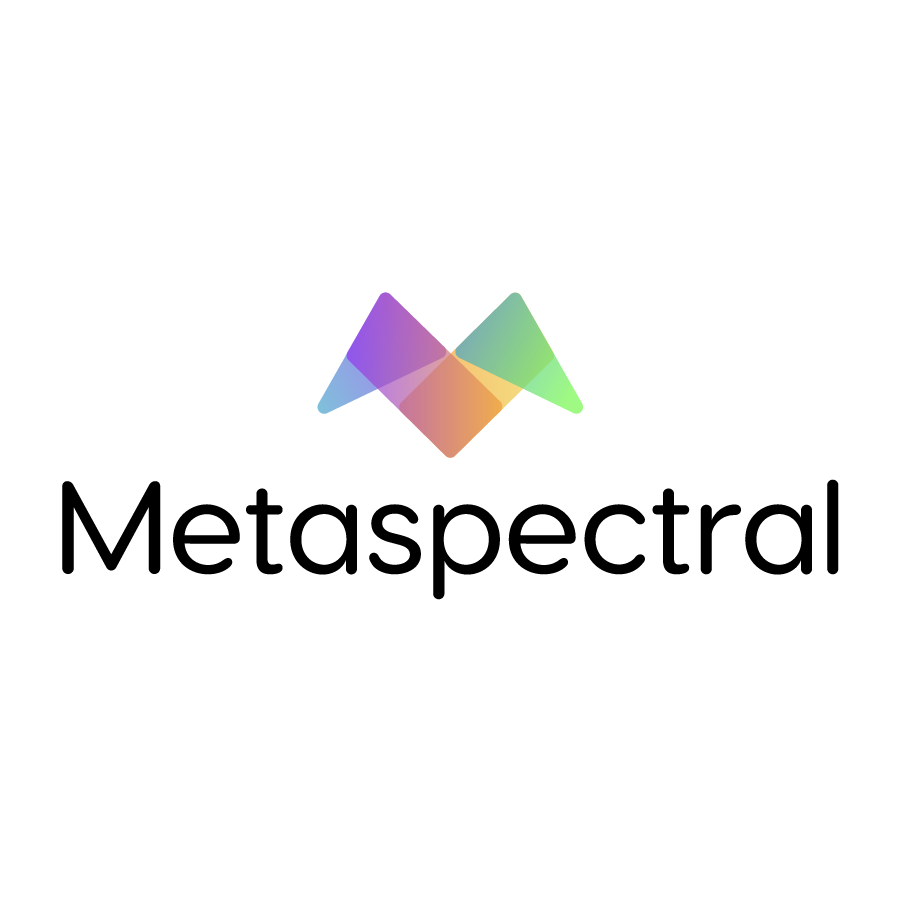
Advanced Robotics Sorting of Consumer Recyclables
Developing a completely automated system to identify and sort consumer recyclables.
Project Overview
The Problem
Plastics are the second most commonly found material in landfills, after food.
Just 9% of Canada’s plastics are recycled, with the remainder being lost to landfills, incinerators, or litter. Over one million tons of plastics alone are thrown into landfills each year, representing a lost opportunity of $7.8 billion for Canada in 2016, based on the value of virgin resin material. Diversion of plastics alone from landfills would reduce GHG emissions by 1.8 million tons of CO2-equivalent annually according to Environment and Climate Change Canada, in addition to avoiding $10 billion annually in loss of value from unrecovered material and creating over 42,000 jobs by 2030.
In late 2020, the Government of Canada announced a decision to ban all single-use plastics, create a separate market for recycled material and require a minimum of recycled content in all new packaging products. This Greening Government Strategy aims to divert at least 75% of all waste from landfills by 2030—up from less than 30% today. This represents a huge potential market.
How We Are Solving It
Led by Metaspectral, in partnership with Merlin Plastics and the University of British Columbia, the Advanced Robotic Sorting of Consumer Recyclables (ARSCR) is a complete automated system to sort consumer recyclables, consisting of an automated vision system powered by machine learning to detect objects on a conveyor belt and identify object material, along with a robotic system to pick selected items off the conveyor belt. Once completed, it will be the first able to detect, identify and efficiently sort materials—such as different types of plastic—that are identical to the naked eye, generating an extremely high-quality output.
The proprietary operating software will send the data back to a central computing system, allowing robotic systems in a specific sorting facility to use a single computing system to analyze the captured spectral data, lowering the unit cost of each robotic device. The vision and robotic system will be configurable through a user interface available on a display mounted next to the robotic system and require minimal operator training.
The industry will reap huge benefits from this project, as it will increase the production capacity of recycling plants by automating and accelerating repetitive tasks, grow the profitability and competitiveness of recycling plants by making them less vulnerable to fluctuations of market prices. It will result in a higher-quality finished product, while reducing the labour intensity of waste sorters and recyclers, increasing the profitability, resiliency, and growth potential of the recycling sector as a whole.
The project will include a comparative study, with the goal of benchmarking the developed technology. This research will be done in partnership with UBC, and co-led by Professors Maria Holuska and Ed Grant, and will evaluate different technologies for plastics characterization and identification in service of sorting/separation, integrating all technologies to supplement one another for quality control, and the resulting publications will be shared with consortium partners, and eventually to target customers of the finished product. The findings from the study will allow for standardization of the techniques used for precise and accurate characterization of plastics and to validate and certify the quality of the final recycled product and benchmarking of the robotic sortation process.
This joint venture, upon successful implementation of the technology put together by consortium members to market the developed technology to the recycling industry, anticipates to gradually increase its revenue to $50 million in Year 5, and $100 million within 10 years of commercialization, capturing approximately 1% of the total addressable market of waste recycling plants globally by that time. It will reduce Canada’s carbon emissions and position B.C. as a global leader in industrial-scale recycling robotics and artificial intelligence.
Project Lead
Project Partners
-

"With a laser focus on finding solutions for hard-to-recycle materials, this project embodies the kind of innovation and determination that will be required to achieve Canada's ambitious emissions reduction goals for 2030. As we continue to push the boundaries of innovation and sustainability, Metaspectral remains committed to finding solutions that will help us create a cleaner and greener future."
CEO, Metaspectral


